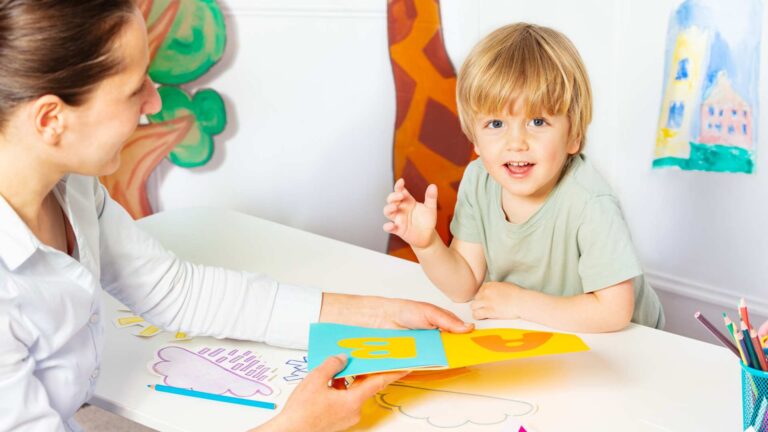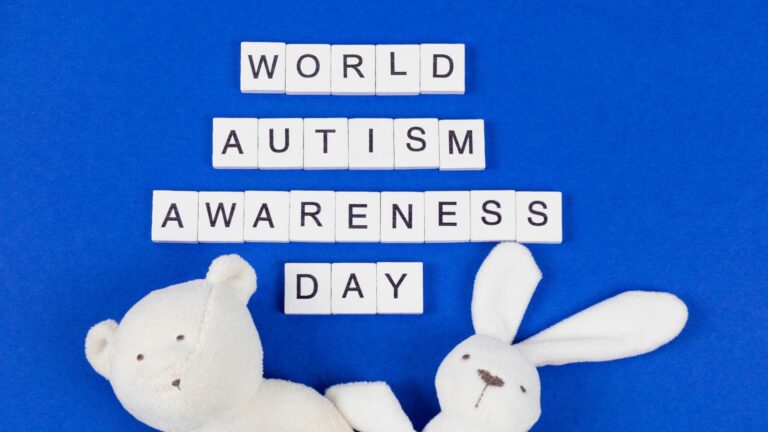Is Animal Therapy Beneficial for Autism?
Animal therapy for autism, an intervention integrating animals into therapeutic practices, has emerged as a potent catalyst for enhancing the well-being and developmental trajectory of those on the spectrum. In the intricate landscape of autism therapy, introducing a four-legged (or even non-legged) companion might be the solution to unlocking new dimensions of progress. The dynamic relationship between animals and individuals diagnosed with Autism Spectrum Disorder (ASD) has become a focal point of extensive research and interest for Texas ABA Centers and the autism community.
But in what way is animal therapy beneficial for autism? According to a study by the National Library of Medicine, animal-assisted treatment in treating autism strongly correlates with positive outcomes. The findings pose that interactions with animals boost social engagement in neurodivergent individuals. This increase in social inclusion leads to an increase in self-confidence and independence. Animal-assisted therapy has also remarkably improved communication skills for those participating in these interventions.
Unveiling the Benefits of Animal Therapy for Autism Individuals
Animal therapy, in its various forms, presents a myriad of benefits for individuals navigating the unique challenges of ASD. Among the most observed advantages are:
- Emotional Connection – Animals offer a distinctive form of companionship, fostering emotional connections that can be elusive for individuals with ASD. This bond is a gateway, opening avenues for improved social interactions and communication skills.
- Sensory Stimulation – The sensory experiences linked to interacting with animals, from the touch of fur to the gentle purrs or rhythmic movements, can have a profound calming effect. This sensory stimulation aids in managing sensitivities often associated with ASD.
- Enhanced Social Skills – Animals provide a platform for practicing and improving social skills in a nonjudgmental, nonverbal setting, creating a comfortable environment for growth.
Types of Animal Therapy for Autism
Animal-assisted intervention (AAI) spans various companions, each uniquely contributing to positive outcomes. Texas ABA Centers recognizes the following animal therapies as particularly beneficial for autism:
- Therapy Animals – Often found in hospitals, schools, and private therapy sessions, therapy animals play a pivotal role, including birds, cats, dogs, guinea pigs, and horses. These structured or unstructured sessions aim to achieve specific goals, such as improving motor skills or fostering communication. Additional benefits encompass improved social skills, reduced anxiety, enhanced motivation, and heightened self-esteem.
- Service Animals – Primarily dogs, though occasionally other creatures, are trained to assist individuals with autism in managing various challenges. These highly trained animals interrupt repetitive behaviors, prevent wandering, and provide sensory regulation. Tasks performed by service dogs can range from recognizing distress and giving comfort to preventing self-harming behaviors.
- Hippotherapy (Equine Therapy) – Involving therapeutic interactions with horses, hippotherapy is a unique avenue for physical, social, and emotional development. Activities may include riding the horse or engaging with it on the ground, leveraging its rhythmic movements. Benefits include enhanced physical strength, improved social skills, increased peer engagement, and reduced stress.
- Emotional Support Animals – Typically pets, emotional support animals aid individuals in navigating stressful situations. Certification from a clinician is often required for these animals to accompany their owners in various settings. Research indicates that emotional support animals contribute to improved social skills and compassion expression in children with autism.
- Pets – Beyond formal therapy, pets like dogs, cats, reptiles, or any furry friend play a significant role in the lives of individuals with ASD. They foster close bonds, relieve stress, encourage healthy social interaction, and enhance engagement with other animals and people.
Connection Between Animal Therapy and ABA Therapy
The synergy between animal therapy and Applied Behavior Analysis (ABA) therapy, a widely recognized approach for individuals on the spectrum, is striking. ABA therapy’s structured and goal-oriented nature aligns seamlessly with the focused outcomes sought in animal-assisted interventions.
Acknowledging the intricate ways animals positively influence autism support, we adopt a comprehensive approach, incorporating innovative treatments to cater to the diverse needs of individuals on the spectrum.
The Journal of Alternative and Complementary Medicine notes that children with autism who have emotional companions demonstrate improved social skills and are more inclined to express compassion and share with their peers. The positive impact is most acute when the pet is introduced when the child is at an age where they can recognize and remember the times before and after. Regardless of the species, these animals can:
- Encourage social communication
- Assist individuals in self-soothing
- Reduce anxiety in stressful events and high-traffic locations
Celebrating Human-Animal Relationship Awareness Week (Nov 12-18)
As we delve into the world of animal therapy, it’s fitting to recognize the significance of Human-Animal Relationship Awareness Week (Nov 12-18). This week serves as a poignant reminder of the intricate bonds between humans and animals, showcasing the transformative power of these connections in fostering well-being.
Texas ABA Centers and the Intersection of Animal and ABA Therapy
In the quest to unravel the profound impact of animals on the lives of individuals with autism, Texas ABA Centers stands as a beacon of hope.
In conclusion, let’s continue to explore, learn, and pave the way for a more inclusive and supportive world. Please visit our website for additional insights on autism-related topics and information about our services. If you require assistance or have any inquiries, please get in touch with us at (877) 771-5725, or via our contact page.








